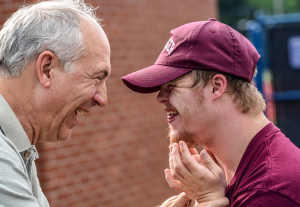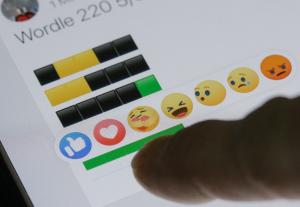- Customer Experience, Design, Design Theory, Usability, UX Education, UX Magazine
A research synthesis as an essential step in performing user research. Follow this framework for conducting a quality Research synthesis.
Article by Alexis Neigel
Using Research Synthesis to Build Better Products
- A research synthesis is a powerful method to uncover new insights about users and surface durable insights about customers though it is not always considered an essential step in performing user research.
- The more streams of insight are woven into the synthesis, — that is to say, insights from market research, sales, qualitative research, and quantitative research — the better your understanding of the user and customer you’re representing with your products and experiences will be.
- Lexi Neigel, Senior UX Research Lead at Microsoft, shares a framework for conducting a quality research synthesis:
-
- Step 1. Understand your motivations and goals for conducting a research synthesis.
- Step 2. Start generating research questions to guide the synthesis.
- Step 3. Begin your literature search.
- Step 4. Manage and distill your user insights.
- Step 5. Share and communicate your user insights.
- Step 6. Maintain your research synthesis.
Share:Using Research Synthesis to Build Better Products
Share this link
- April 7, 2022
8 min read







